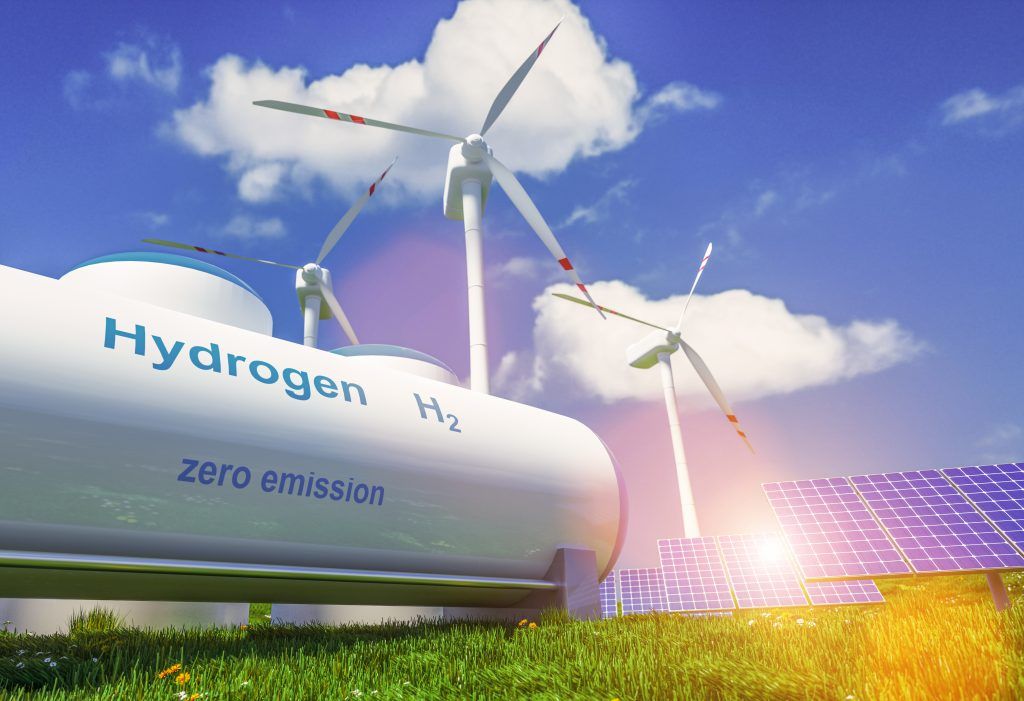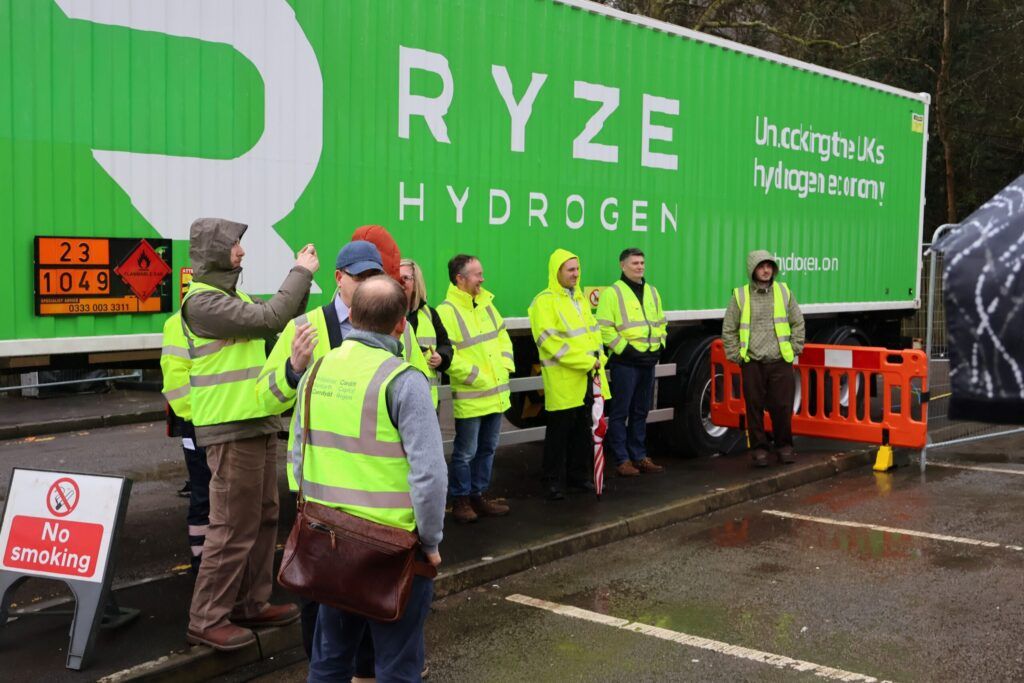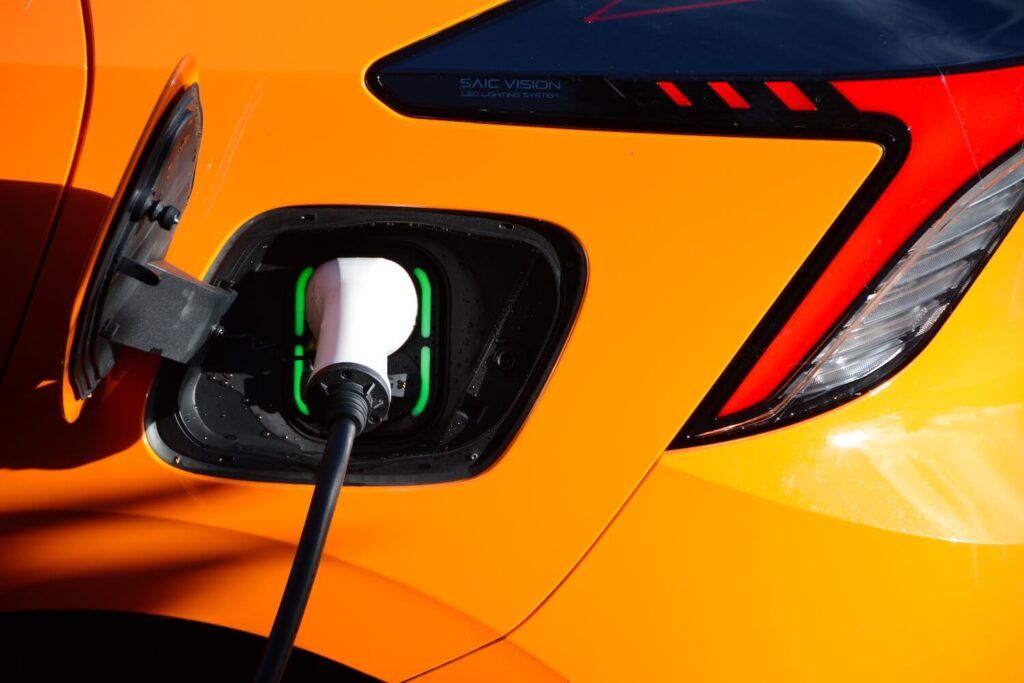A project that will help establish a sustainable distribution network of hydrogen in Scotland and across the UK has commenced at the University of Aberdeen.
Led by a team of researchers with expertise in chemical, mechanical and materials engineering along with economic analysis for field applications in geological settings, the MHYSTIC project is one of 10 selected by the UK-HyRES Flexible Fund to advance hydrogen and alternative liquid fuels technologies.
The projects represent a broad spectrum of groundbreaking research, each aligned with the mission to accelerate the UK’s hydrogen transition and drive impactful scientific innovation.
Collectively, nearly £3 million in funding has been awarded, enabling pioneering studies across multiple institutions and disciplines.
New Materials and Methods for Hydrogen Transportation and Storage: Repurposing the Economic Future of the North Sea (MHYSTIC) will see existing energy asset and skills used to develop a suite of innovations that will boost the UK’s hydrogen distribution network.
With support from international collaborators at the Lithuanian Energy Institute, industry partners including Aberdeen Renewable Energy Group, ABL Group, the European Marine Energy Centre, the Net Zero Technology Centre, John Lawrie Group, Statera Energy and Dräger Ltd will also play a crucial role in developing and disseminating outputs from the project.
Project lead Dr Alfonso Martinez-Felipe from the University’s School of Engineering said:
“MHYSTIC is one of the only ten projects funded in this first round of applications and will have research, commercial and societal impacts by transferring its innovations to productive actors involved in the project,” explained.
“The characterisation methods and models will reveal detailed mechanisms of H2 adsorption and material failure at a granular level, which will result in stepwise advances in knowledge with high academic impact and will help implement hydrogen economies in Scotland and the UK.”
Dr Martinez-Felipe is joined by colleagues Dr Amin Sharifi, Dr M. Amir Siddiq, Dr Marcin Kapitaniak and Dr Mehmet Kartal, all from the School of Engineering; and Professor John Underhill, Director of the Interdisciplinary Center for Energy Transition at the University of Aberdeen..
Underhill said:
“Being the smallest molecule, hydrogen is prone to leakage. It also embrittles steel.
“Consequently, it’s essential to find new materials for hydrogen’s safe and secure storage and transportation if it is to play a role in the energy transition, something this research will address.”
The project is expected to run for 2.5 years.
Image from Shutterstock












